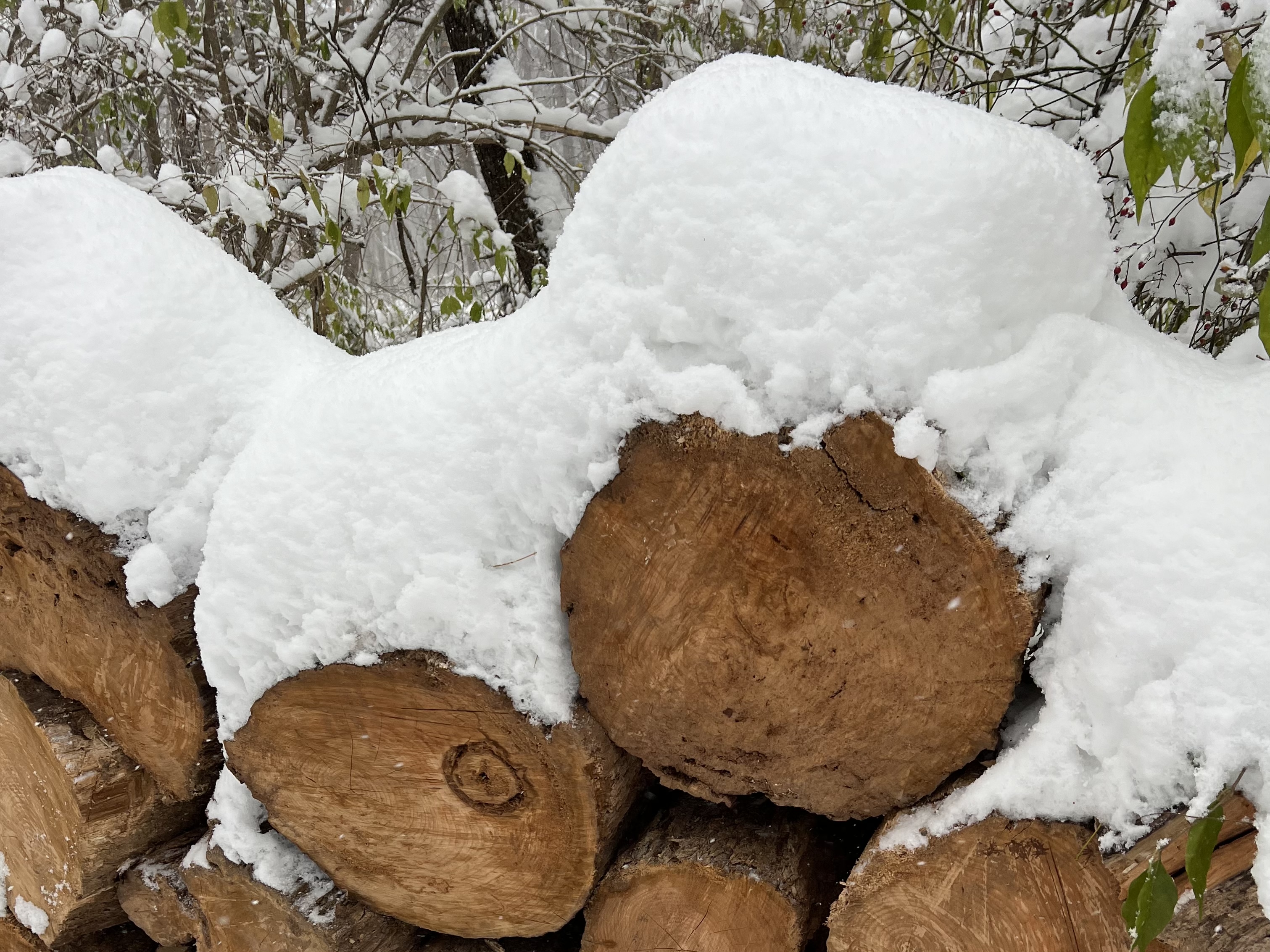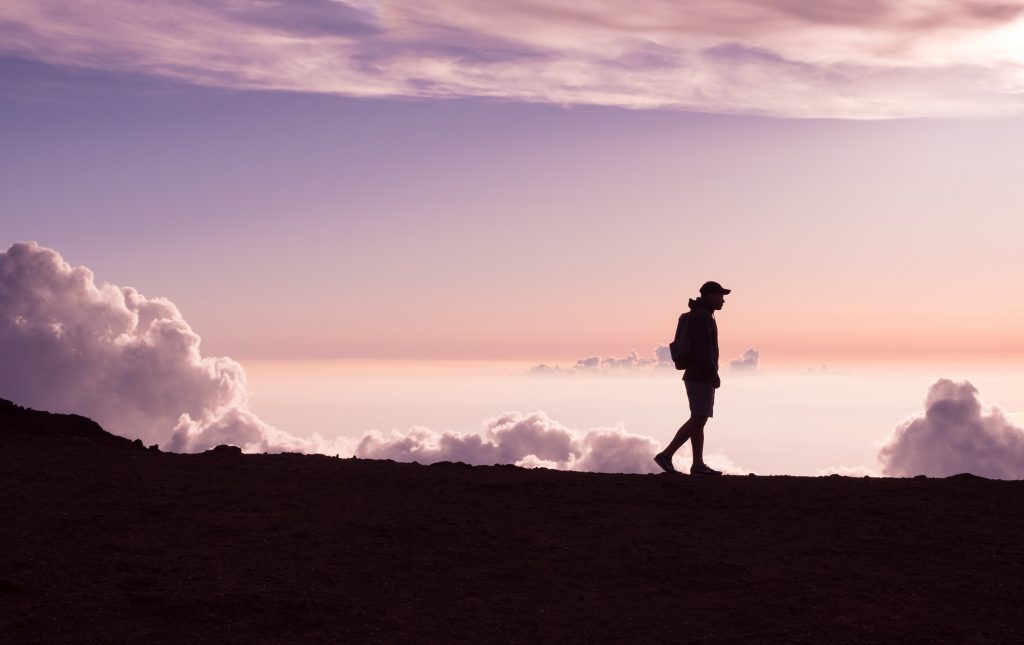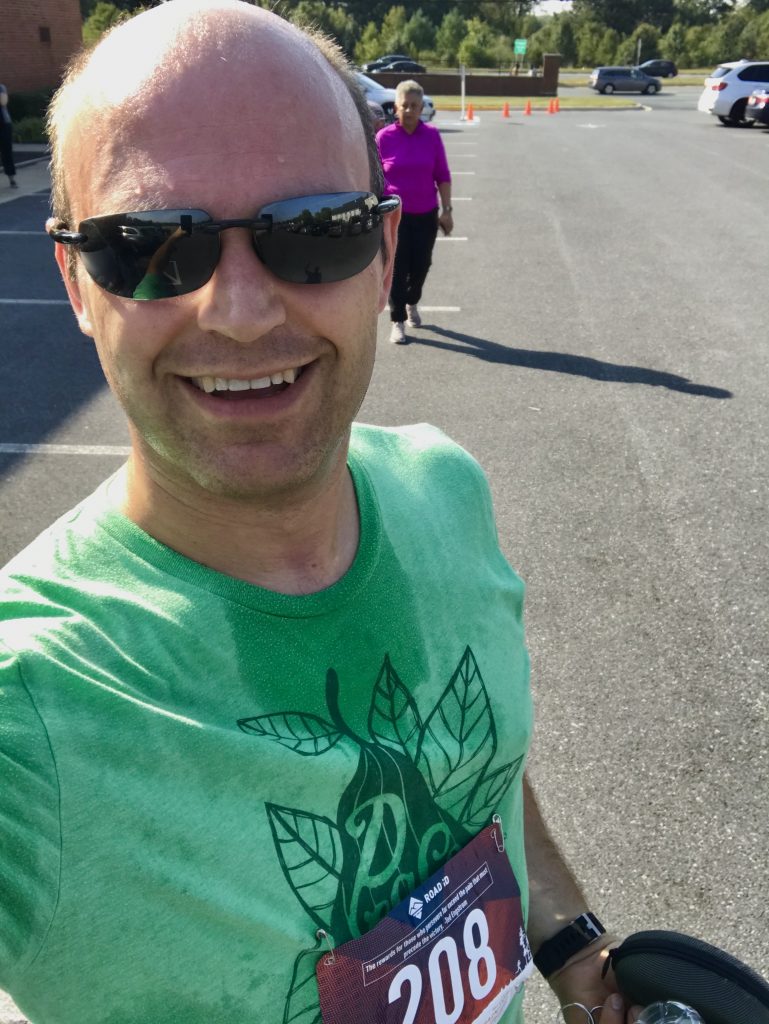
This morning, as most mornings, one of our student phone chaplains stopped by my office to say hello as he left his shift. I was just coming to work, and he had already been working several hours, talking with, and praying for callers. He’s from Papua New Guinea where he has pastored for many years before coming to Michigan to attend the seminary.
I asked how long he has been here, and how he was getting used to winter. He told me he had arrived on December 25, 2020, and that was the first time he had seen snow in his life. With a big grin across his face, he talked about how cold it was, and how he enjoyed the sauna at the wellness center to get warm like home.
Then he paused and said “You know, for many years we sang ‘Whiter than snow’ at church, but I never really understood what the meant till I saw snow, and how white it makes everything, covering the dirt and ugly.”
Mark Twain wrote “Travel is fatal to prejudice, bigotry, and narrow-mindedness, and many of our people need it sorely on these accounts. Broad, wholesome, charitable views of men and things cannot be acquired by vegetating in one little corner of the earth all one’s lifetime.”
I have seen many places, met many people, lived in many different locales, and I completely agree with Twain. But I also think that travel helps you to see the Bible in a more clear way. Standing at the foot of the great pyramids, seeing the hills of Jordan where the Israelites walked leaving Egypt, watching the Jordan River flow into the Dead Sea… all these things are now etched in my mind when I read the Bible, and it makes the stories come alive.
Yes, you can read, believe, and understand the Bible anywhere. And you don’t have to see anything to understand God. But like touching the snow helps you see how cold it is, when you watch the sun reflecting on the fresh fallen snow, you can see what King David was talking about when he said “Purge me with hyssop, and I shall be clean; wash me, and I shall be whiter than snow.” Psalm 51:7.


